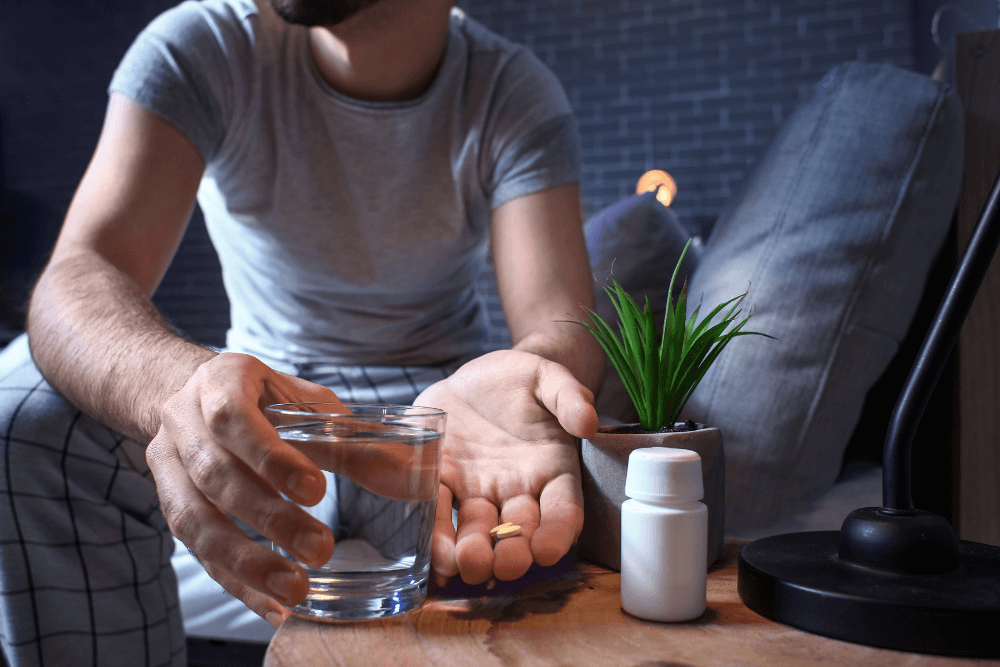The Link Between Mental Health and Sexual Wellness: A Medical Insight
Mental health and sexual wellness are deeply connected, though many people fail to see the link. Emotional well-being plays a major role in sexual desire, performance, and satisfaction. When mental health issues like anxiety, depression, or stress go untreated, sexual wellness often suffers as a result.
How Mental Health Impacts Sexual Wellness
One of the most common mental health conditions affecting sexual health is anxiety. Whether it’s general anxiety or performance-specific fears, this condition can interfere with arousal, erection, and even the ability to orgasm. Over time, this can damage confidence and intimacy in relationships.
Depression, too, can lower libido and create emotional distance. Mood disorders often cause fatigue, low self-esteem, and a lack of interest in physical intimacy—all of which take a toll on sexual wellness.
The Role of Medications
While many mental health medications can improve mood and reduce stress, some may come with sexual side effects. Antidepressants, for instance, can decrease libido or delay orgasm. Likewise, sleeping pills and certain pain killers may dull the nervous system and interfere with sexual function.
This doesn’t mean you should stop taking prescribed medications. Instead, it’s important to speak with a healthcare provider about side effects. Often, adjustments can be made or sexual medicine prescribed to restore balance.
Sexual Health as a Path to Emotional Healing
Sexual satisfaction isn’t just physical—it’s also emotional. Feeling connected to a partner, experiencing pleasure, and maintaining sexual confidence all contribute to a better mental state. In fact, healthy sexual activity has been linked to reduced stress, improved mood, and better sleep.
In some cases, addressing sexual dysfunction with sexual medicine can reduce stress and restore confidence, creating a positive feedback loop for mental health.
Conclusion
Mental health and sexual wellness go hand in hand. Whether dealing with anxiety, the side effects of sleeping pills or pain killers, or emotional issues impacting intimacy, the key is open communication and proper treatment. With the right support, both mind and body can thrive—together.



